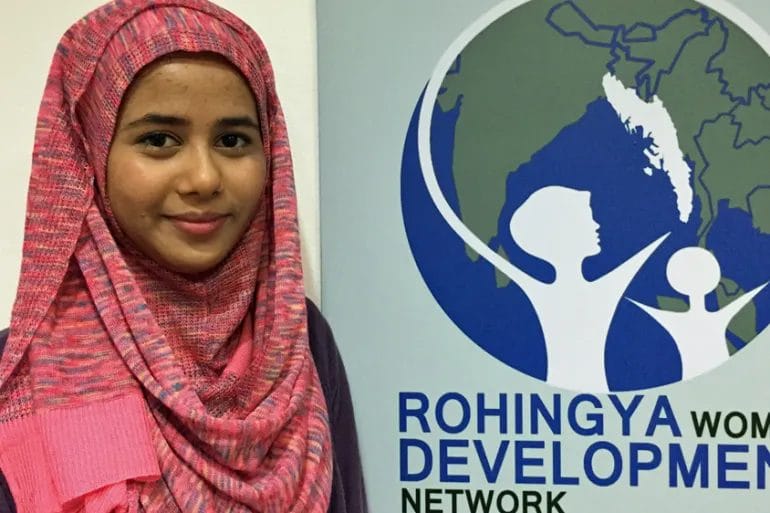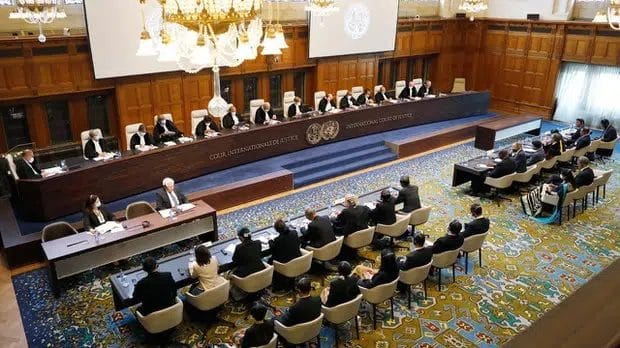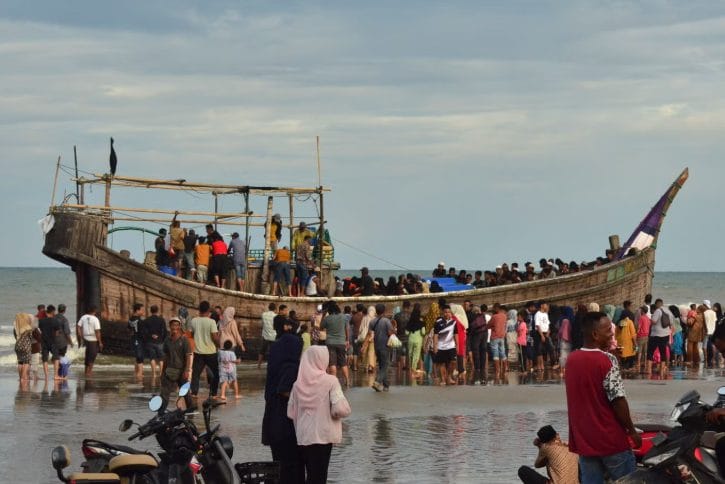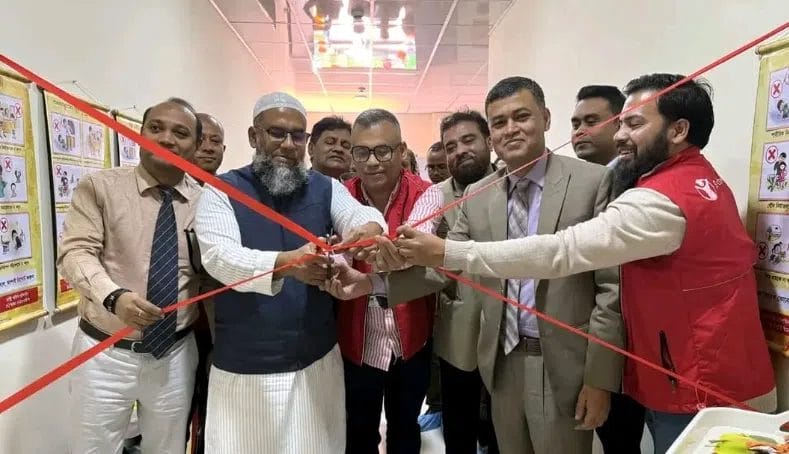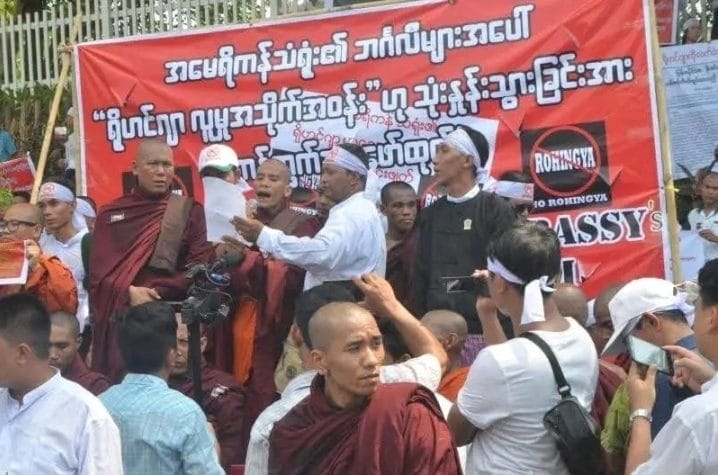Arakan News Agency
A group of Rohingya refugee women in Malaysia has established the first foundation for displaced women from Myanmar. Despite the modest potential, women activists have confidence in the success of their experience.
Humanitarian work among the Rohingya refugees can be faced with many difficulties, most notably lack of expertise and lack of specialized institutions.
As only a few are literate, as the prohibition of education on them, the international human rights organizations assert, is one of the weapons of the Myanmar authorities against this minority.
The head of the Rohingya Women’s Development Network spoke of the ways of her people in the diaspora and the launch of the first institution to help Rohingya women in Malaysia, where women are being trained in the jewelry industry.
“Our goal is to teach Rohingya women and girls to craft or gain skill that gives them income to help their families. Life is so expensive here, like home, food, transportation and school fees,” says Sharifa Shakira, head of the network.
The humanitarian work among Rohingya refugees is impulsive and unorganized. A fair story and its colleagues are a living example of this modest ceremony. As awareness of their issues grows, there is a need to build institutions that contribute to the long-term rehabilitation of this ethnicity after decades of persecution.

